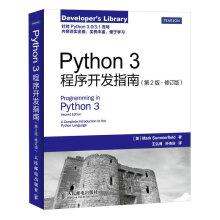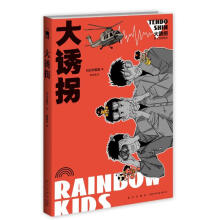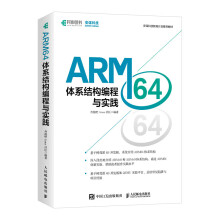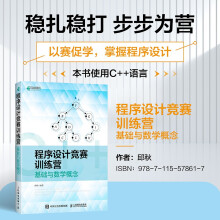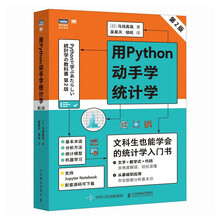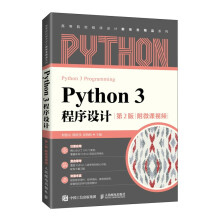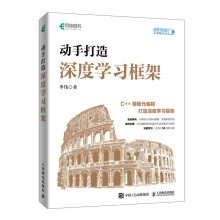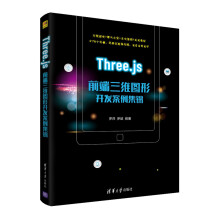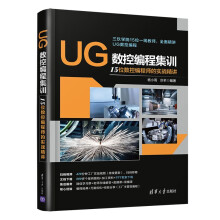目录
Introduction
Chinese English Literature: An Emergent Canon
Chapter 1 Chinese English Literature and Postcolonialism
Postcolonial Theory: A Survey of the Major Arguments
Chinese English Literature and Postcolonialism
The Value of Studying Chinese English Literature from a Postcolonial Perspective
Chapter 2 The Western Representation of Chineseness and Its Deconstruction
Exoticising China
Representing the Yellow Peril
Portraying a Dark Mysterious Chinatown
Self-Representation as Responses to Western Stereotyping
Chapter 3 Reinforcing vs. Reshaping: Representation of Traditional Values and Conceptions that Constitute 'Chineseness'
Insiders' Views and Western Gaze
Confucianism: The Representation of a Cultural Tradition
Representation of the Openness of Chinese Culture: The Importance of a Balance Between Yin and Yang
Chinese Food as a Cultural Metaphor
Cross-Cooking and the Adaptability of Chinese Food
The Politics of Appetite
Conclusion
Chapter 4 The Authenticity of Representation
Autobiographical Writing: Questioning the‘Insider's Story’
Altered Mythology: Distortion or a New Literary Tradition?
The Emphasis of Individual Vision
Conclusion
Bibliography
内容摘要
This book is based on the research I did in University of Surrey Roe- hampton in London, UK. A few weeks after I first arrived, one day, guided by two professors from my university, I was on a research tour along the River Thames. We went to Limehouse, where Chinatown in London was supposed to have developed in the 19th century, asso- ciated with the crews of merchantmen in the opium and tea trades, particularly for Han Chinese. The area achieved notoriety for opium dens in the late 19th century, often featuring in novels by Sax Rohm- er(1883- 1959)and others. The history professor in the group, who was doing research on Chinese immigration history in London, spoke of the images of Chinese people portrayed in Sax Rohmer's works.

